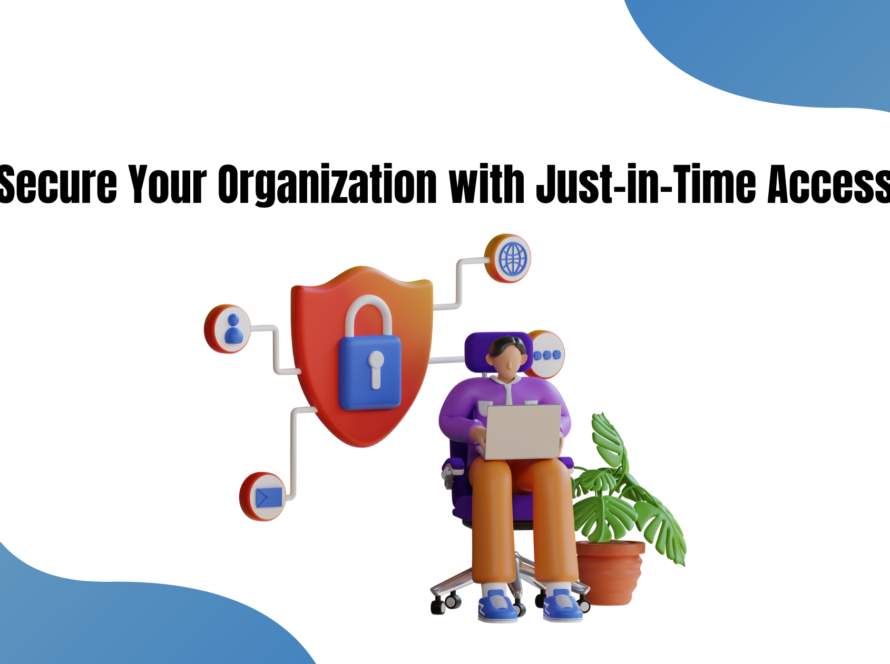Top Tips, where we highlight trending topics in the tech world and offer ways to navigate these trends. This week, we explore three methods to secure your online privacy.
In today’s digital age, our online presence often rivals our offline existence, leaving few mysteries in our lives. Most information about a person can be uncovered with just a few clicks, from their interests and contact details to birthdays, religious beliefs, life events, and even their place of residence.
This information is stored in countless apps designed to capture every detail of your life, from leisure activities like watching movies and gaming to everyday tasks like housework. If you can think of it, there’s probably an app for it.
These applications frequently track your behavior to improve recommendations and encourage increased usage.
While some people are comfortable sharing information online for personalized recommendations or product enhancements, others are not.
If you’re wary of sharing data online, follow these quick steps to protect your information without compromising your user experience.
1. Limit Sharing Information Online
Just as oversharing is ill-advised offline, it is equally so online. Think twice before divulging personal information. Whenever possible, limit sharing personal details. For example, refrain from providing optional information such as your middle name, phone number, or mailing address when signing up for apps.
Avoid sharing personal information without understanding the reason behind it. Be particularly cautious when sharing payment information; only do so on trusted websites and only when necessary.
You can also disable location tracking for apps if it is not essential. Sharing your location online can expose you to risks such as identity theft, physical theft, stalking, and harassment.
2. Activate Multi-Factor Authentication
Though it may seem cumbersome, multi-factor authentication (MFA) is one of the simplest ways to secure sensitive applications. Emails, for instance, contain highly sensitive information like bank details or unique identification numbers. Despite our daily use of email applications, we often overlook the sensitive information they contain.
Enable MFA for sensitive applications, such as email apps, to protect your personal information. This additional step can help secure the data used within these applications.
3. Use Search Engines Securely
Search engines gather extensive information about us, including location, IP addresses, cookies, click-through history, and search query history. While it is impractical to stop using them altogether, opt for more privacy-focused browsers such as Ulaa, which utilize search engines like DuckDuckGo for a more secure browsing experience.
Another effective way to secure your online browsing is by using robust security solutions. This is especially crucial for enterprises, as data breaches can be costly. Browser Security Plus enables organizations to monitor browser usage trends, enforce stringent browser settings, control browser extensions and plug-ins, secure enterprise browsers, and ensure compliance with established browser security standards.
In today’s world, online privacy is almost extinct. However, incorporating simple measures as suggested in this article can significantly protect your data from prying eyes.
As Gary Kovacs, technologist and former CEO of the Mozilla Corporation, once said, “Privacy is not an option, and it shouldn’t be the price we accept for just getting on the internet.”
Conclusion
In today’s digitally interconnected world, safeguarding your online privacy is more crucial than ever. The strategies outlined — limiting information sharing to activating multi-factor authentication and using secure search engines — are vital to protecting your personal data.
Discover how Sanatech GS can enhance your online security with advanced cybersecurity solutions. Whether you’re safeguarding personal information or securing your business data, our tailored services provide peace of mind in an increasingly digital landscape. Explore our cybersecurity offerings today.


